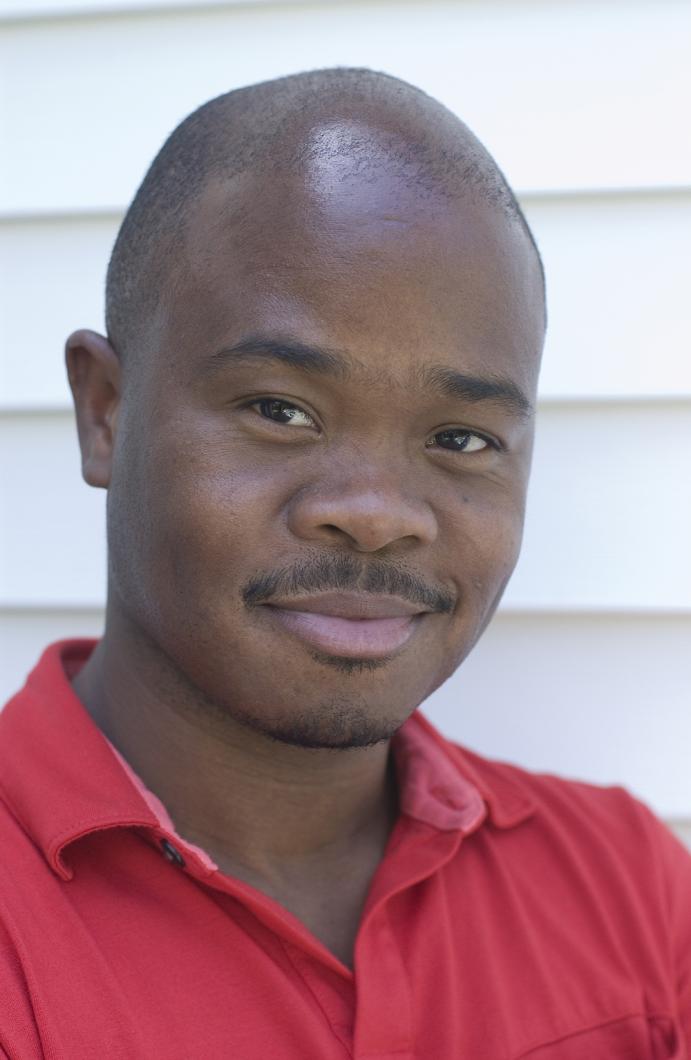“How do you transform a continent?” asked Fred Swaniker, the founder and chief executive officer of the African Leadership Academy, in his presentation last Saturday afternoon at the Edgartown home of Joe and Sylvia Frelinghuysen. The audience of 30 joined Mr. Swaniker in light laughter; he knows his goals for educating African youth and preparing them for effective, ethical leadership on the continent of Africa may at first sound hyperambitious.
“Buying bed nets and food only helps the symptoms instead of the cause,” Mr. Swaniker said. “We need to end the cycle. We need to find African leaders who will help prevent malaria instead of buying the bed nets.”
So the Ghanaian-born, former McKinsey and Company consultant created the African Leadership Academy, a coeducational, secondary boarding school outside Johannesburg in South Africa. It offers a two-year intense program for 16 to 19-year-olds. Entry is based solely on merit; more than 1,700 students applied for its inaugural class of 100 people for entry in 2008.
The program’s goal of creating 6,000 African leaders in the next 50 years became more realistic as Mr. Swaniker detailed the academy’s system, which includes a post-graduate support network.
“It’s a large goal, and Fred leads a team uniquely able to execute it,” said ALA board member Ed Braceman.
Mr. Swaniker’s mother and grandmother opened schools in Ghana and Botswana respectively. At 18, Mr. Swaniker was temporarily put in charge of his mother’s school. After his brief stint as headmaster, he left the continent for Macalester College, in St. Paul, Minn., following his mother’s advice (she had done graduate work in the area) that Midwesterners were the kindest sort of American. Following his undergraduate matriculation, Mr. Swaniker was accepted into Stanford Business School, and he graduated in the top 10 per cent of his class.
It was during his time at Stanford that Mr. Swaniker began to lay out the business plan for a school which would be able to create African leaders — not just intelligent African youth who would lead Africa through example of their academic excellence, but those who would return to meet the challenges of the ravaged continent head-on.
“Personally, I wanted to play a role in transforming this continent that I love so much,” he said.
While in Palo Alto, Mr. Swaniker was introduced to Vineyard summer resident Joan Lonergan, who serves as headmistress of the Castilleja School for girls there, by a Castilleja faculty member who had taught for one of the African Leadership Academy’s pilot summer programs. After speaking with Mr. Swaniker about the plans for the school, Ms. Lonergan realized the unique potential of the program.
“It was the first thing that made sense to me,” she said, stressing Mr. Swaniker’s ability to make coalitions and be strategic.
Ultimately, it is the students who will determine the success of the program. The academy’s rigorous application process aims to ensure that its students are the best and brightest the African continent has to offer.
Before the applications even begin, a team of eight full-time talent scouts scour the continent’s schools for competitive applicants. Additionally, the ALA mails roughly 1,600 headmasters asking them to nominate four students they believe have the potential to change Africa. ALA also works with nonprofits and other organizations working with students; for the inaugural ALA class UNICEF sent several students who had been discovered in refugee camps.
The six-month selection process begins with students submitting school and exam reports and a series of short and long essays. In the next round, students submit updated school and exam reports, six essays, teacher and community recommendations. The final 400 applicants are invited to a local weekend where they make individual presentations, participate in group exercises, and engage in a personal interview and entrance exam, all the while being judged and marked by local leaders. The final decision is made by the dean of the ALA, Mr. Swaniker, and Chris Bradford, the academy’s cofounder and chief operating officer. As a result, the program has yielded students like William Kankwamba, a Malawian young man who has recently received international attention, who has helped his town by creating a series of windmills, including one which now helps his hometown pump potable water.
While at the academy, the students are exposed to a curriculum which stresses above all else African studies, entrepreneurship and leadership. Mr. Swaniker’s belief in entrepreneurship, however, is not limited to the financial world which he experienced during his time at McKinsey: “If you’re an educator, you can build a chain of schools. If you want to be a doctor, you can build hospitals. We are creating social entrepreneurs ... because entrepreneurs are innovators.”
Socially, the students interact in a way which eliminates tribalism and religious and ethnic tensions. “There is a lot that can be gained by trading with each other,” Mr. Swaniker said.
“When you live with someone, you realize that you have more in common than different. The campus engenders a kind of tolerance,” he said, arguing that the campus’ diversity itself sends a message about Pan African cooperation. Mr. Swaniker said the 29 nationalities represented in the inaugural class show the diversity the academy will maintain, and that one day these interactions will be duplicated on the international scale.
Mr. Swaniker reveled in sharing the academy’s story with Vineyarders. He hopes the program will appeal to those looking to get high impact from their philanthropy, but he also hopes that the Vineyard will open its homes to students coming stateside in pursuit of internships and cultural exchanges.
He encourages Islanders who can, to come to the school and possibly teach seminars in the executive seminar series. The heart of Mr. Swaniker’s trip to the Vineyard is not donations, nor the business model he created that should provide for the academy’s self-sufficiency for the next several years, but an enlightened global model of cooperation.
“A prosperous Africa will ultimately benefit Americans,” he said. “We’re becoming more and more interconnected.”





Comments
Comment policy »